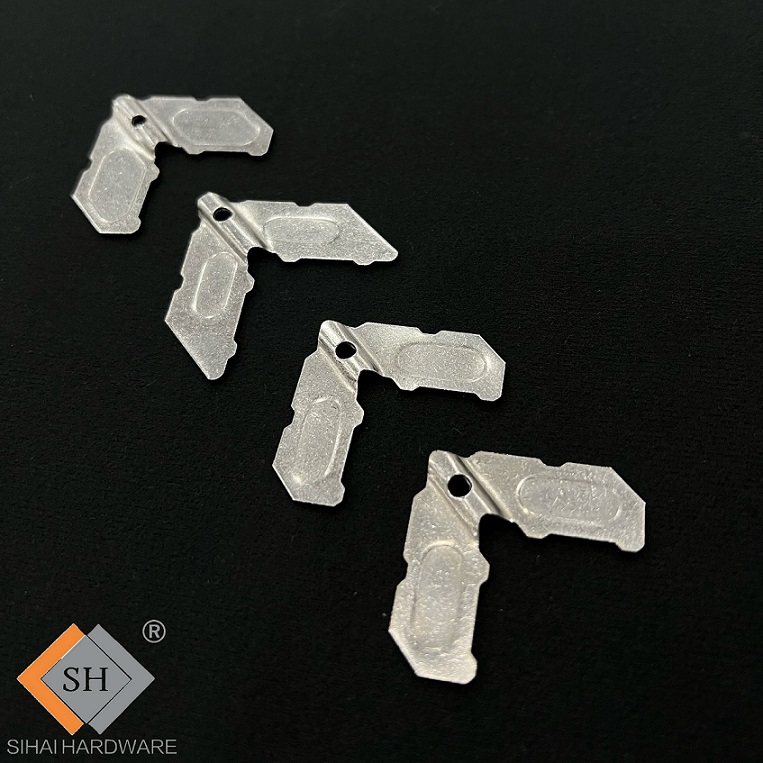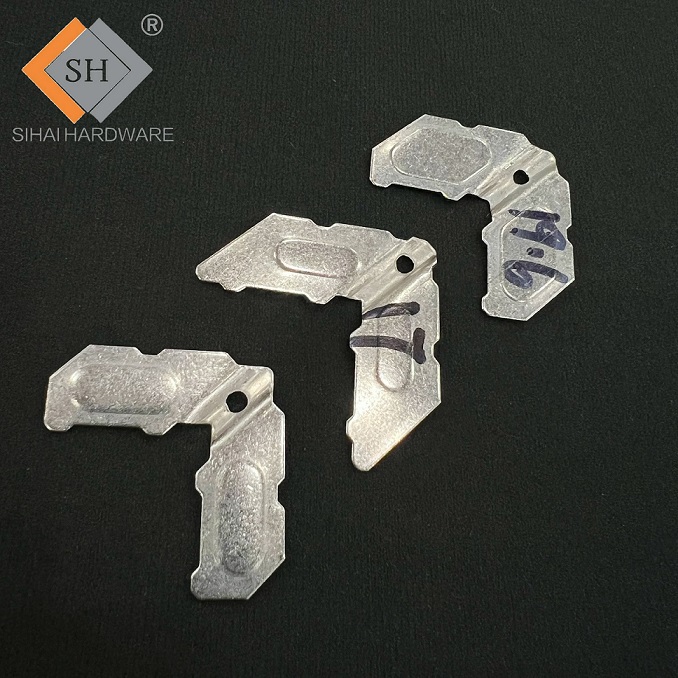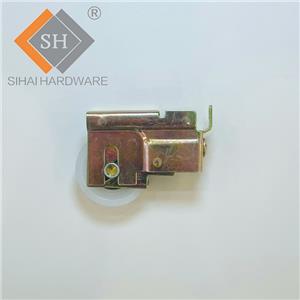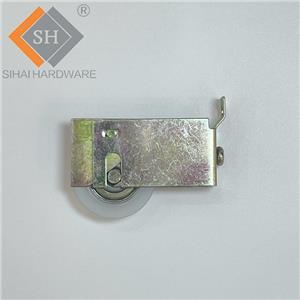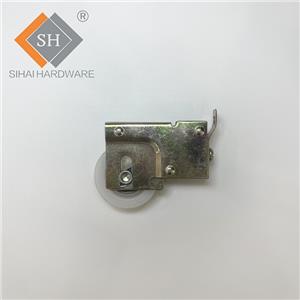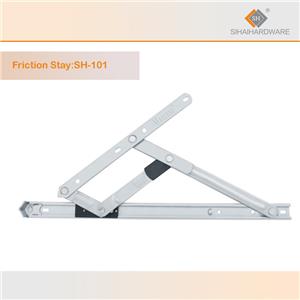ARTICLE NO.95|How to Choose the Right Window Corner Joints for Your Project
ARTICLE NO.95|How to Choose the Right Window Corner Joints for Your Project
Selecting the appropriate **window corner joints** is crucial for ensuring the stability and longevity of your windows. The right choice not only enhances the structural integrity but also contributes to the overall aesthetic of your project. In this article, we will explore the key factors to consider when choosing **window joints**, and how **window brackets**, **window braces**, and other **door and window hardware** play a role in this decision.
1. Understand the Types of Window Corner Joints
Before making a selection, familiarize yourself with the various types of **window joints** available:
- **Butt Joints**: Simple and easy to install, commonly used for budget-friendly projects.
- **Miter Joints**: Offer a clean, aesthetic look and are typically used in decorative applications.
- **Dovetail Joints**: Known for their strength, these joints are ideal for heavy window frames.
- **Lap Joints**: Provide good strength and are simple to construct, often enhanced with **window braces**.
- **Reinforced Joints**: Combine various methods for maximum stability, particularly useful for larger windows.
2. Consider the Material
The material of your window frame will significantly influence the type of **window joint** you choose:
- **Wood**: Requires joints that can handle expansion and contraction. Dovetail or lap joints are often preferred.
- **Aluminum**: Typically uses miter joins or reinforced joints, especially when combined with **window brackets** for added support.
- **Vinyl**: Often pre-manufactured with specific joints, making selection straightforward.
3. Assess Load Requirements
Understanding the load that your window will bear is essential:
- For heavier windows, opt for stronger joints like dovetail or reinforced joints.
- Incorporate **window braces** or **window brackets** to provide additional support as needed.
4. Evaluate Aesthetic Considerations
The visual appeal of your window can be impacted by the type of **window joint** you choose:
- **Miter joints** provide a seamless and elegant look, ideal for high-end residential projects.
- **Lap joints** can be more visible but may offer a rustic charm, suitable for traditional designs.
5. Installation Ease
Consider the complexity of installation when choosing your **window joints**:
- Simple butt joints can be installed quickly and are suitable for DIY projects.
- More complex joints like dovetail may require professional installation but offer superior strength.
6. Compatibility with Door and Window Hardware
Ensure that your selected **window joints** are compatible with the **door and window hardware** you plan to use:
- **Window brackets** should align with the joint design for optimal support.
- **Window braces** need to be compatible in size and shape to effectively reinforce the corner joints.
7. Seek Expert Advice
If you’re unsure about the best choice for your project, consult with professionals:
- Engage with window manufacturers or suppliers who can provide insights based on your specific requirements.
- Consider hiring a contractor or architect for larger projects to ensure proper selection and installation.
Conclusion
Choosing the right **window corner joints** is essential for the success of your project. By understanding the types of joints available, considering material compatibility, assessing load requirements, and ensuring alignment with **door and window hardware**, you can make an informed decision. Incorporating **window brackets** and **window braces** will further enhance the stability and durability of your installation. If you have any questions or need further guidance, don’t hesitate to reach out!

